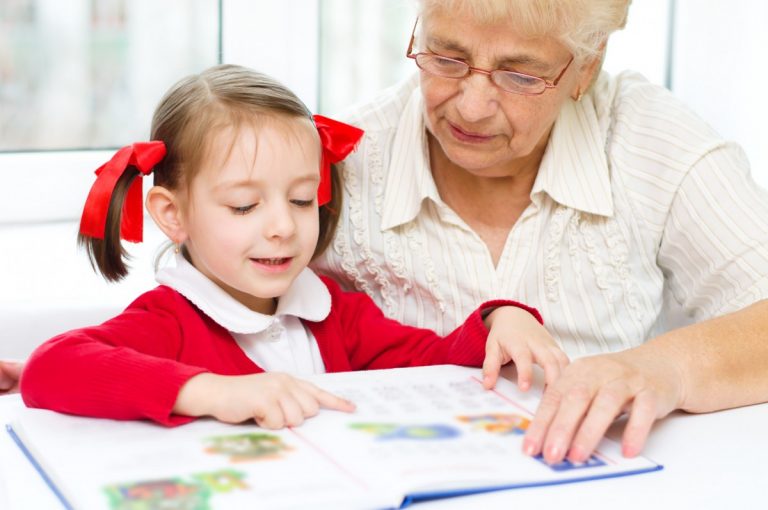
A primary school in Essex, United Kingdom, is hosting a day centre where the elderly can interact with children. They call it ‘Bringing Together, Learning Together, Growing Together’.
Downshall Primary School is currently piloting the program. It aims to bring local elderly people who are suffering from isolation, depression and early dementia in to work with young children at the school.
The idea of integrating the elderly in with schoolchildren is not new. In fact, the project was born out of Japanese research. In Japan, there is a great emphasis on bridging the gap between old and young and building models which respond to the ageing population.
Children all over the UK have visited care homes and one school has even set up a pen pal system where youngsters write to an elderly friend.
What a creative way to connect generations! BBC News – Primary school children get elderly pen pals from local care homes https://t.co/pti15E9Xkj A fantastic example of the double benefit of youth #socialaction in time for #iwillWeek @iwill_campaign
— Dr Rania Marandos (@RaniaMarandos) November 18, 2017
Despite these valiant efforts to benefit both pensioners and children, Downshall is believed to be the first UK school to run a day centre for the elderly.
At the centre, they sing together, complete puzzles and read, among many other activities.
The centre uses the philosophies of cognitive stimulation therapy, in which both parties heavily benefit through human interaction and engagement through activities. Many of the children (87 percent) do not speak English as a first language and so the increased interaction with adults for whom English is their mother tongue is greatly beneficial.
Headteacher Ian Bennet told The Guardian: “It makes us feel at the heart of the community. I’ve got a feeling it’s going to make a difference.”
Essex school hosts day centre where older people & some with dementia, can interact with children. What a fanastic idea to help combat isolation among our elderly population, while giving children the opportunity to learn from their elders. https://t.co/GhzxJ2SRBX pic.twitter.com/5aaZpARg8F
— TextCare – Home Monitoring (@TextCareLimited) December 14, 2017
The project came from consultant psychiatrist Dr David Hinchcliffe. All the elderly participants are referred patients of Dr Hinchchliffe, many of whom suffer from dementia, as well as loneliness and mental illnesses.
“Social interventions are a valuable part of someone’s treatment, along with biological and psychological interventions,” Hinchcliffe told The Guardian. “Post-recovery they are helpful in reducing social isolation, loneliness and a risk of relapse.”
Pam, a 71-year-old retired primary school teacher was elated to be back in the classroom.
“It can be a little bit boring sitting in the house on your own. It’s nice to come out and meet people and children. I like storytelling,” she told The Guardian. “Paper chains? I can take it or leave it.”
Lisa Oliver accompanied Pam to the school. She works with the elderly as part of Redbridge adult health social services, which is supporting the project.
“For us to see Pam like this, it’s fantastic,” Oliver said. “To see her walking around the school and interacting with the children, it’s given her a bit of authority.”
This is just lovely, I'd love to see it trialed in more schools.
Total win-win!
"Primary school invites in elderly people to work with young pupils"https://t.co/QxIDMtJwXX pic.twitter.com/mEn91jp3Xs— Áine Ryan (@AineSays) December 11, 2017
“We had one lady who said she could not remember being so happy,” Hinchcliffe said. “She wakes up in the morning and can’t wait to go to school. That’s rewarding enough.”
And it is not just the adults who benefit. The Guardian reported a four-year-old boy, who had not spoken since he began school, spoke for the very first time during the project.
“It’s a win-win for the children and the older people, sharing activities and experiences, and thereby improving health, learning and mutual understanding for all involved,” said Stephen Burke, a director of United for All Ages. “The benefits go further too: for the school, care and health services, local charities and the wider community.”
There are hopes to carry out the program in more UK schools soon.
Liked this? Then you’ll love…
UK summer babies allowed to start school a year late
UK: Teacher shortages are due to ‘leaky pipe’ in the profession







